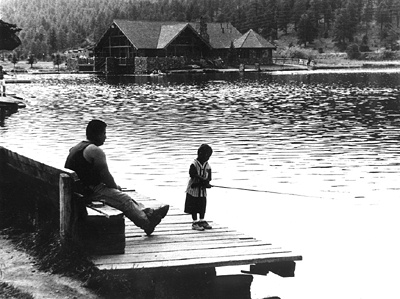All Nonfiction
- Bullying
- Books
- Academic
- Author Interviews
- Celebrity interviews
- College Articles
- College Essays
- Educator of the Year
- Heroes
- Interviews
- Memoir
- Personal Experience
- Sports
- Travel & Culture
All Opinions
- Bullying
- Current Events / Politics
- Discrimination
- Drugs / Alcohol / Smoking
- Entertainment / Celebrities
- Environment
- Love / Relationships
- Movies / Music / TV
- Pop Culture / Trends
- School / College
- Social Issues / Civics
- Spirituality / Religion
- Sports / Hobbies
All Hot Topics
- Bullying
- Community Service
- Environment
- Health
- Letters to the Editor
- Pride & Prejudice
- What Matters
- Back
Summer Guide
- Program Links
- Program Reviews
- Back
College Guide
- College Links
- College Reviews
- College Essays
- College Articles
- Back
An Arm and a Leg
The first thing I learned about having a newly-amputeed father: you never realize how often you use the phrase “costs an arm and a leg” until you know someone who’s halfway there. Patience is a virtue when surrounded by family members who have to suddenly cut the word “stumpy” out of their vocabularies. A conversation with my father was like navigating a minefield; cautiously, we tiptoed around his condition, avoiding forbidden words, never letting our eyes wander past his knee to where his leg abruptly rounded and never acknowledging that the amputation was entirely preventable. My father was not a war veteran, nor a victim in a tragic accident, but a careless perpetrator of his own illness. My mother was one of few who dared to step on his toes -- “There are millions of diabetics who live perfectly normal lives, Joseph,” she would scold, “If only you would bother to maintain it.” While I did respect my father’s recovery in that I avoided offensive phrases or figures of speech, I couldn’t avoid thinking that my father’s neglect for his health had, in fact, cost him a leg.
The second thing I learned about having a newly-amputeed father: laughter may be the best medicine, but it’s a pretty lousy prosthetic. No amount of peg-leg references -- “You’ll have the best pirate costume on Halloween!” -- can alleviate the pain of either the bearer or the witness. It cannot mitigate the burning that comes from an intangible origin -- “Better slap some sunscreen on, Dad, you wouldn’t want phantom sunburn!” The smiles always fade to grimaces and everyone laughs far harder than the joke demands.
The first thing I learned about having a father: it’s never a good idea to idolize a human being, or rather, the idea of one. Your favorite childhood movie is never as good when you watch it at age sixteen. Your first kiss won’t feel like the Fourth of July, but it will feel like nervous vomit and tight, chapped lips. And just like you look back and realize your childhood best friend was kind of a jerk, one day you will see that your idol has just as many flaws as you do. That is why it is best to acknowledge that your father will never be your ultimate protector; he will never give advice like Danny Tanner and sentimental music won’t play in the background when he asks you not to remember him like this (what else is there to remember?). Instead, you will watch him disintegrate in a hospital bed and then rise from the ashes, not like a phoenix, but in a gust of wind that will eventually die down again, leaving you standing in a room full of falling dust and a solemn doctor saying, “We did all we could.”

Similar Articles
JOIN THE DISCUSSION
This article has 2 comments.

This piece was inspired by my experience with my father's struggle with managing his diabetes.